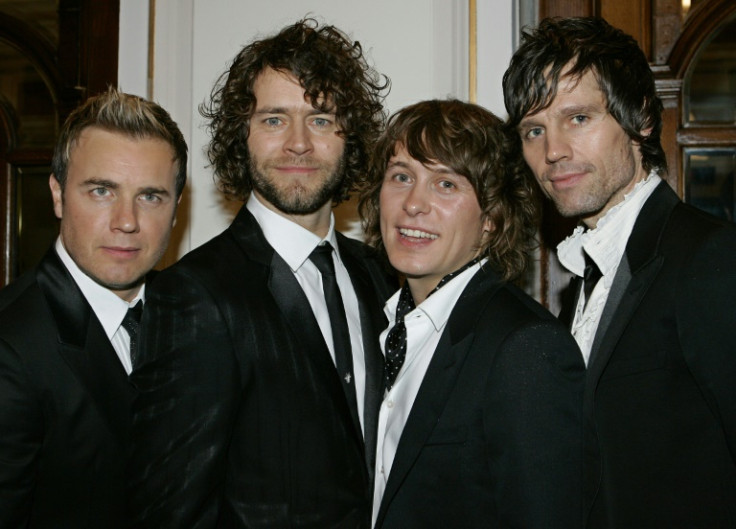UK Senior Almost Loses Money To Nigerian Scammer Pretending To Be Gary Barlow
An older person becomes a victim of fraud every 40 seconds in England and Wales

According to Age UK, the nation's leading charity dedicated to helping the over-60s enjoy every aspect of later life, an alarming 41 per cent of people over 50 have been scammed online in the past five years.
The research surveyed 10,000 adults above 50 and found that an older person becomes a victim of fraud every 40 seconds in England and Wales, with the average financial loss standing at £2,022.
Janet Smith has decided to tell her story to raise awareness of online scammers and to make older individuals more alert.
Janet, a 62-year-old from Colchester, Essex, was convinced that she had been messaging Gary Barlow for weeks on Facebook.
Janet, who works in a pizza restaurant, genuinely believed that the Take That singer had added her as a friend on the social media platform, where he bombarded her with messages and complimented her appearance.
Janet said the fake Gary Barlow had mentioned a "split", which she assumed was from his wife and would message her from 9 am to 3 am daily via long messages.
"He just kept saying "I'm Gary Barlow, I've split up," the 62-year-old revealed.
Many conversations had the fake Gary Barlow claiming that he was busy in meetings with his management team, proclaiming his love for the 62-year-old and praising her dance moves in videos posted on Facebook.
"I was talking to him all week, and he was saying to me, "I'm busy, and I've got a lot of schedules," Janet said. "'He was kind. He was nice. He was really lovely, saying, 'Good morning. Good evening, I've seen your videos' because I love to dance."
In one of the unpunctuated messages, seen by MailOnline, the catfisher wrote: "I was going through my likes and comments and my heart chooses you and your profile really attracted me so I decided to get this private account just to text my fan because my manager has access to my official account I hope you keep these a secret between us?"
It was only when the fake Gary Barlow started to ask Janet for money that she became suspicious. Janet said she was adamant that it couldn't be the real Take That singer, and she began to think she was the victim of an online catfishing scam.
"Gary Barlow would not talk to somebody like me; he's too famous," she said. "I just thought, this isn't Gary Barlow."
After requesting that they message on WhatsApp and asking for his phone number, Janet eventually unmasked the Gary Barlow account holder as a 24-year-old man from Nigeria.
Regarding the catfishing, Janet said: "It's so sad because he's been saying 'I love you' to me."
After discovering that her scammer was in his mid-twenties, Janet added: "He is very poor. He's on WhatsApp, and he's texting me saying, 'I'm sorry, I've done fraud, but we come from a poor family. I do admire Gary Barlow. I like singing, and I like his songs.'"
"I think many of these foreign people are doing this because their countries are poor, but people think they're real celebrities... Elderly people are going to be adding these 'celebrities'. They're going to be conning these old people."
According to Age UK, online scams often result in 75 per cent of victims feeling angry, 34 per cent feeling anxious, and another 32 per cent feeling embarrassed.
"As fraudsters become increasingly sophisticated in taking advantage of the digitisation of key services, we must help do all we can to empower this age group to use the internet safely and avoid common pitfalls," Abigail Wood, the CEO of Age UK London, said.
© Copyright IBTimes 2025. All rights reserved.




















